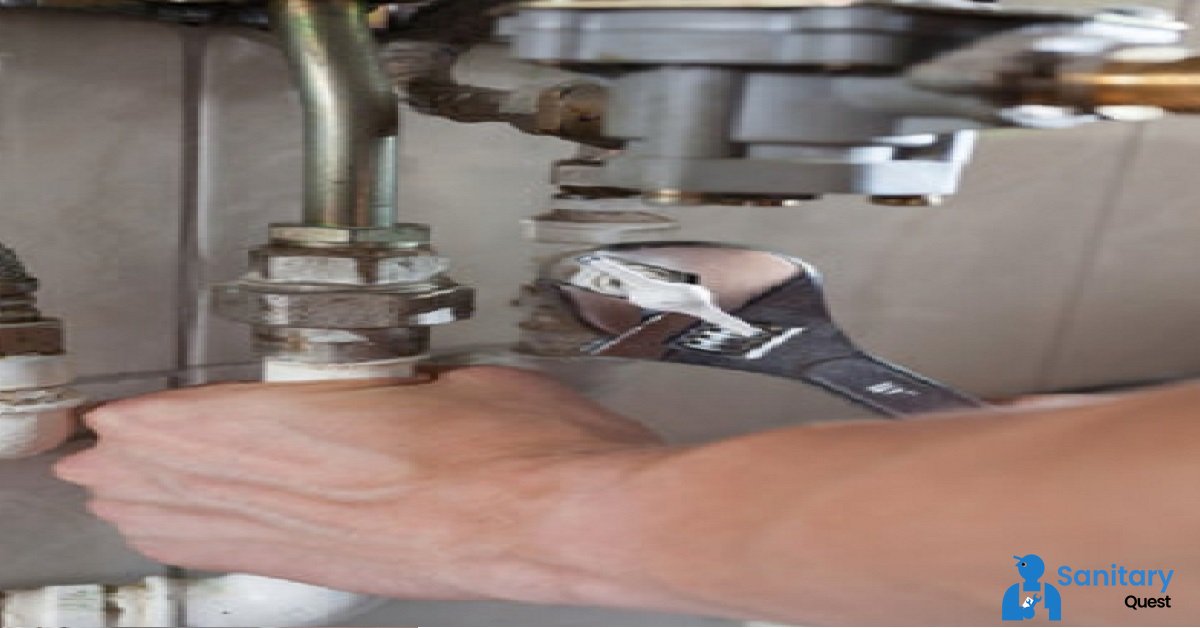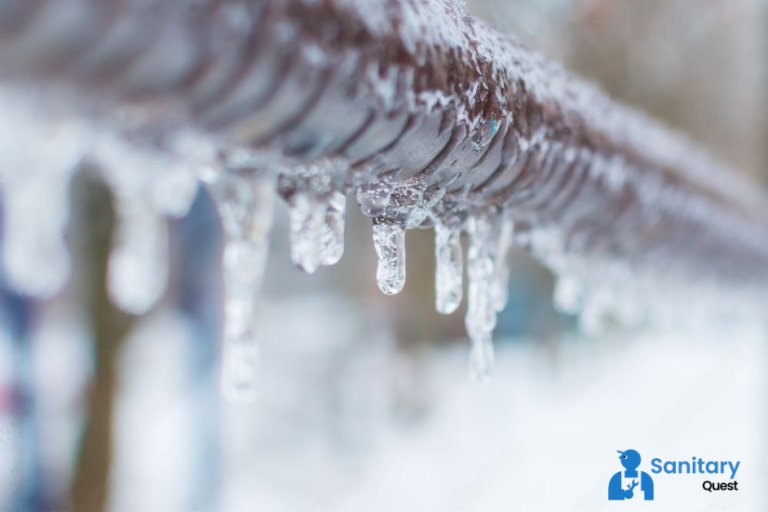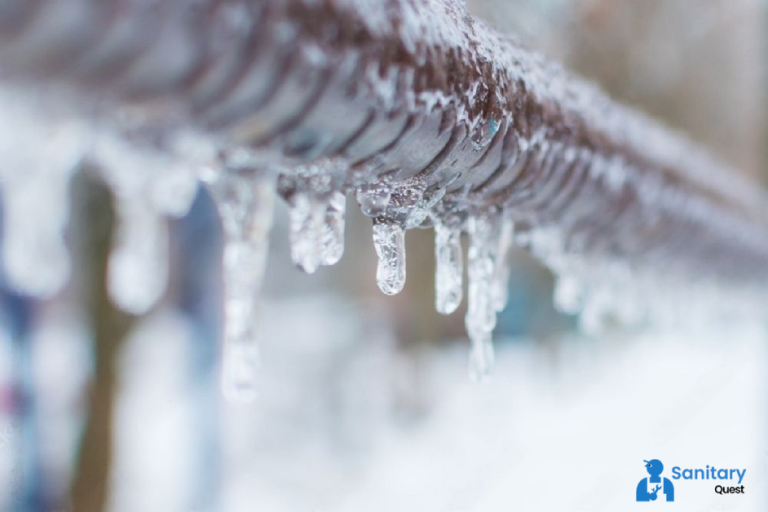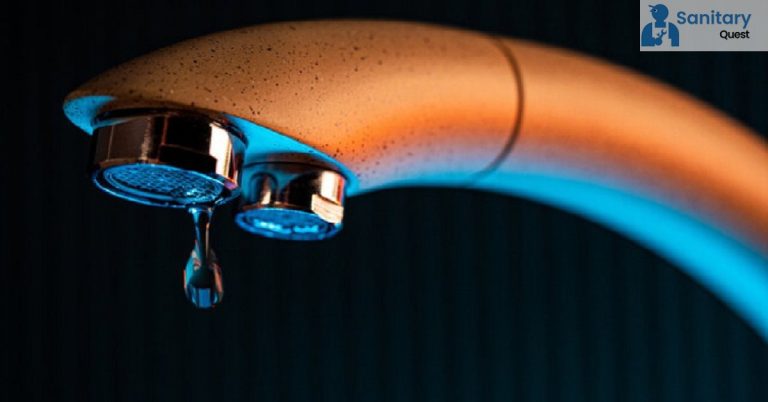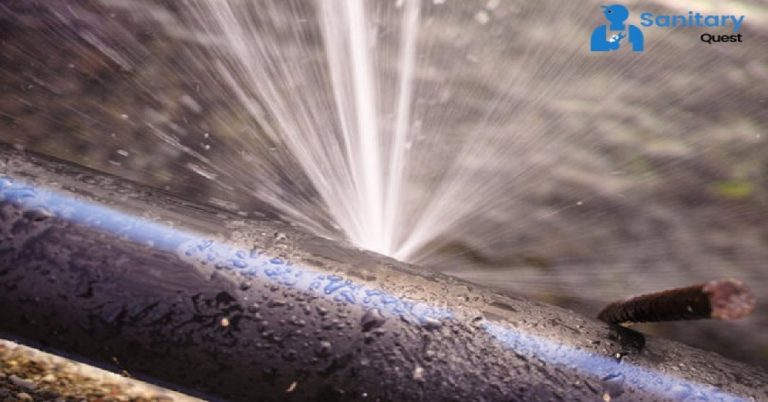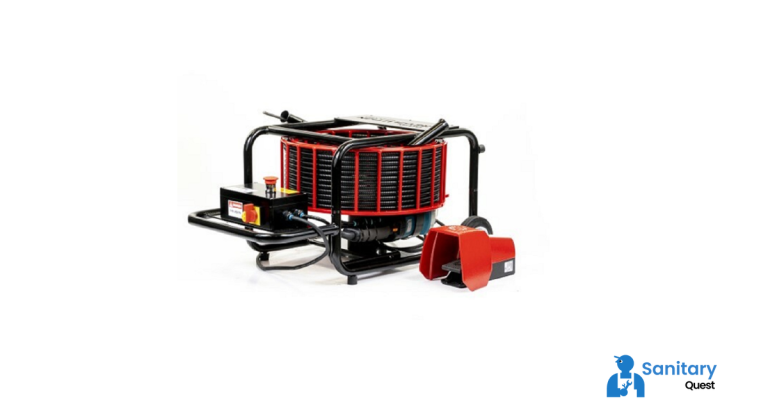Why is My Water Heater Leaking: Your Guide to Common Causes of a Busted Water Heater
Inquiring, “Why is my water heater leaking?” Standing in water up to one’s ankles in the basement is a miserable experience for anyone. Or, when relaxing on the couch, they feel water trickling down onto their heads from the ceiling. If your water heater breaks, your rugs, photos, comic books, and other belongings could be ruined. So you don’t end up with a flooded basement because your water heater broke, we’ve put together this list of the most common reasons why water heaters leak. What follows is a discussion of the most frequent causes of water heater failure and how to address them.
Water Heater Rust & Sediment Buildup
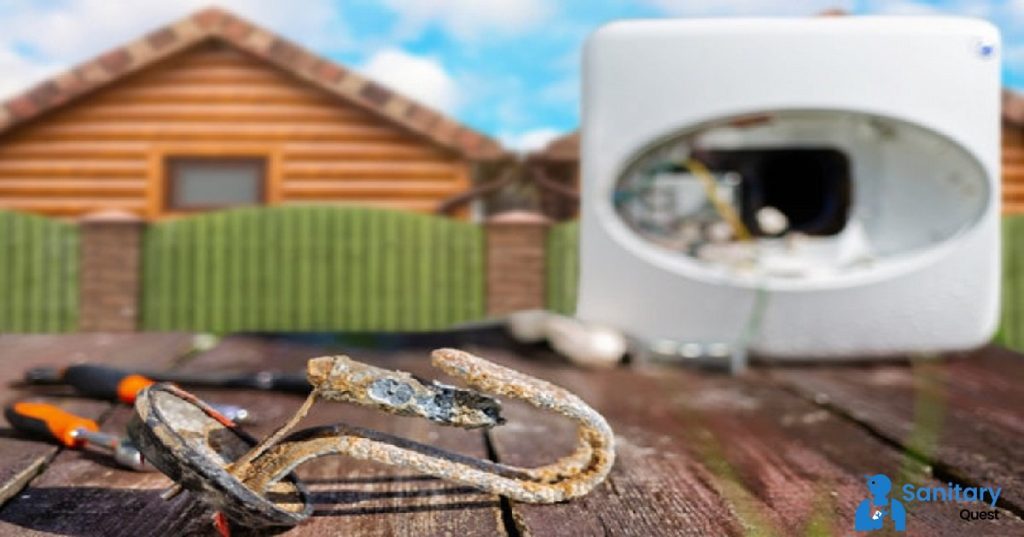
Steel is the typical material for water heaters. Iron, the main component of steel, rusts with time. The anode rod in your water heater prevents corrosion, but it might wear out or break, resulting in a leak at the top of your tank. If the water coming out of your hot water taps is a rusty brown color, you should have a plumber repair the anode rod in your water heater.
In addition, the water heaters in the majority of residences are fed by hard water. Minerals in hard water eventually settle to the bottom of the tank where your water heater stores water. This has caused a layer of sediment to build up, which keeps water from getting to the stove’s flame.
Please provide a definition. Since more time is needed to get the water to a usable temperature, the water heater is more likely to overheat, degrade, and spring a leak in the bottom. Fortunately, if you drain the water and clean off the accumulated sediment at least once a year, you won’t have to worry about this issue. Unless you take care of your water storage tank, you may face the issues listed above.
A Drain Valve Leak
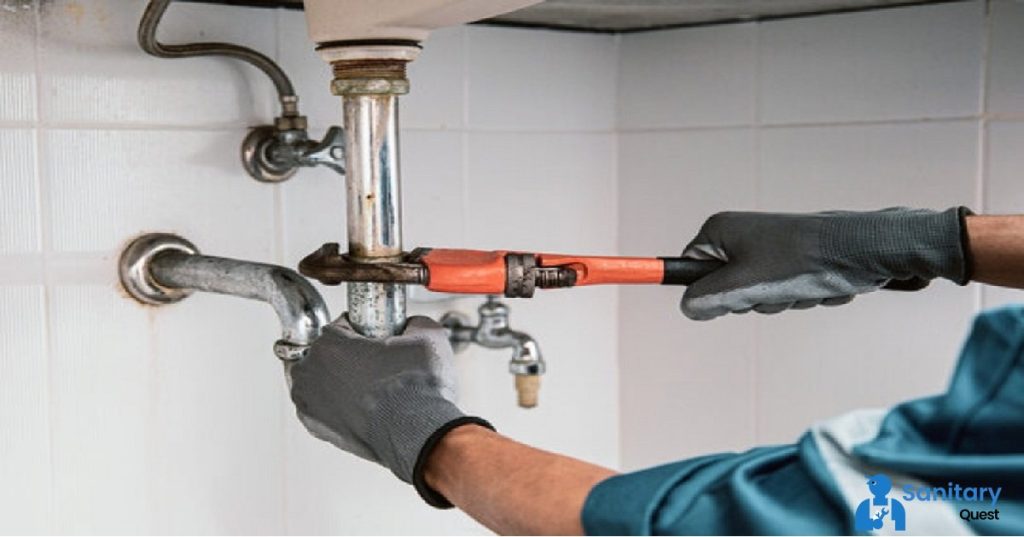
A leaking drain valve is likely to be to blame if water is dripping out of the bottom of your water heater. The basement might flood if the drain valve stops working. We’ve already said that you can get rid of sediment in the hot water tank by letting the water out through the drain valve. It’s possible that the valve on your water heater is loose and just needs to be tightened. However, if you overtighten the valve, you risk cracking it and making the leak worse. The solution is as easy as locating the drain valve’s knob or lever and giving it a good, forceful twist until the leak stops.
An Internal Tank Leak
An internal tank leak is likely the cause of water leaking from the bottom of your water heated. This could mean that your water tank’s structural integrity has been broken, which is why it is leaking. It’s possible that the corrosion that led to a split in the tank shell was caused by silt that hadn’t been removed for a long time. Look for external indications of interior problems by inspecting your tank. Most of the time, you’ll need a new water heater if this happens to you.
Air Pressure
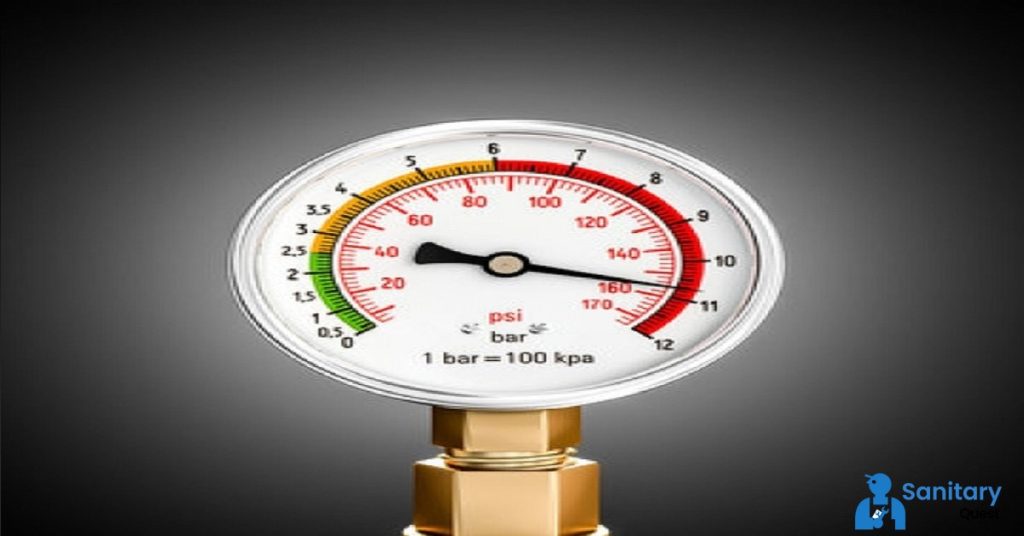
When the temperature or pressure of the water from the outside is too high, excess air might build up inside the water heaterd tank. If you want to avoid these issues, make sure your water heater is not set higher than 120–125 degrees.
Keep an eye on the temperature and pressure relief valve in your water (also known as a t&p valve). Installed on the top or side of the tank, it vents excess pressure when the heater calls for it. If the T&P valve test shows no water flow or if the leak is coming from the T&P valve, you should replace it immediately. Advice: if at all possible, don’t use a plastic valve to replace it, as they are very inexpensive but will likely break again very soon.
Time

Finally, your water heater’s demise could be the result of simple old age. Regular use can extend the life of a hot water heater by another 8 to 10 years. Basic leaks are more likely to occur at the end of their lifespan because of ordinary wear and tear. These leaks could be the result of anything from simple wear and tear to more sinister causes like corrosion or silt buildup.
Water Heater Repair & Replacement, Los Angeles
Do you happen to know how long ago you installed your water heater? When asked if they have ever replaced their water heater if the answer is either (a) “Yes, and that was a really long time ago” or (b) “I, in fact, don’t recall…” it is likely that the water heater has to be replaced since it is broken. If your water heating needs fixing or replacing, don’t hesitate to call Mike Diamond Plumbing. We will handle the unpleasant task of repairing your leaking hot water heater so that you do not have to.
Mike Diamond can help you with any of your household appliances, not only water heaters. Don’t shoot yourself in the foot by putting off fixing your water heater leak if your plumbing, HVAC, or electrical appliances ever break down.
High Pressure Inside the Tank
Leaks might occur if the pressure within your water heater rises too high. How? Read on!
Your water heater’s TPR valve will open and let some water out if the pressure in the tank rises above a safe level. The water then exits the tank via a drain located at the bottom of the tank and a discharge line.
When the pressure within the tank rises too high, the safety system will try to relieve the pressure by releasing water through the output line.
Solution: Have a plumber check out your water heater to see what’s causing the pressure to rise.
FAQs
Q1: What leads to a water heater leaking?
Water heaters can leak due to various reasons. Corrosion or rust inside the tank is a common cause. Additionally, a loose or faulty inlet or outlet connection can cause leaks. High water pressure or an overheating issue can also lead to the pressure relief valve releasing water, indicating a problem.
Q2: What would cause a water heater to rupture?
A water heater might rupture due to excessive pressure or temperature buildup within the tank. This can occur if the pressure relief valve malfunctions or if the temperature and pressure controls fail, causing a dangerous increase in pressure inside the tank.
Q3: What causes a water heater to leak from the relief valve?
A water heater might leak from the relief valve due to excess pressure or temperature inside the tank. If the pressure or temperature rises beyond safe levels, the relief valve is designed to release water to prevent the tank from exploding. A faulty relief valve, high water pressure, or heating issues can cause this valve to release water, indicating a potential problem with the water heater.
Q4: Can a leaking water heater rupture?
Yes, a leaking water heater could potentially rupture. If the leak isn’t addressed and the pressure or temperature within the tank remains unregulated, the tank’s structure could weaken over time, leading to a rupture. This could cause a significant release of hot water and possibly damage the surrounding area, posing safety risks.

